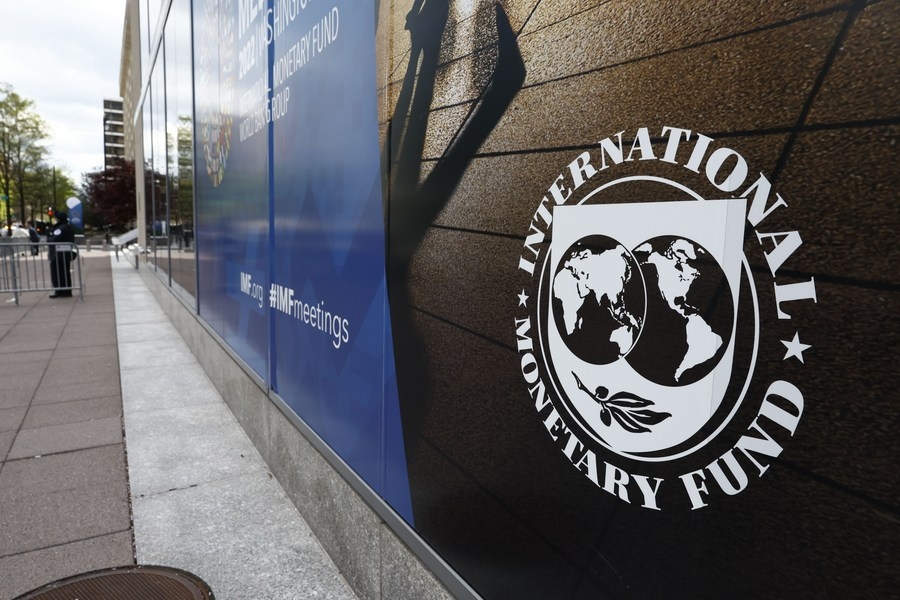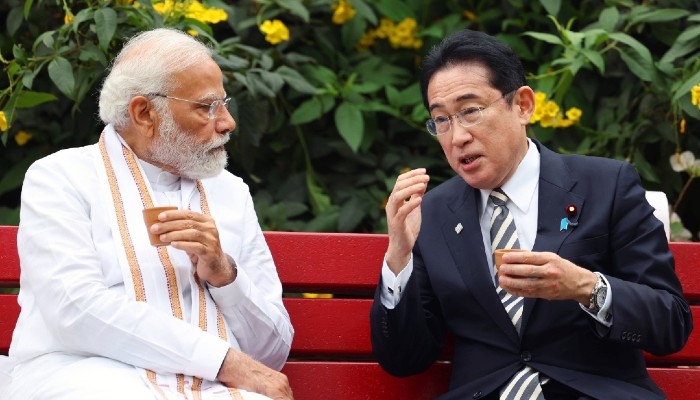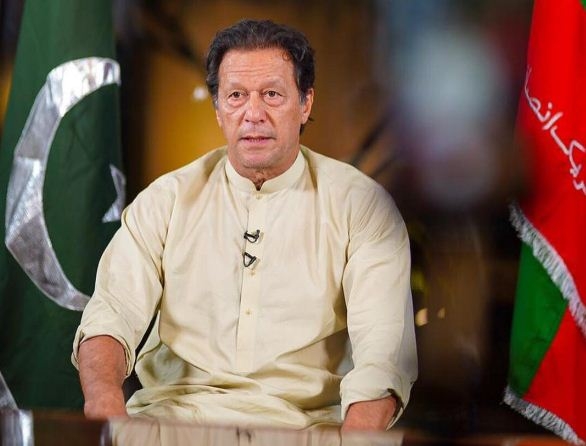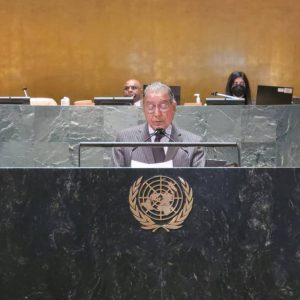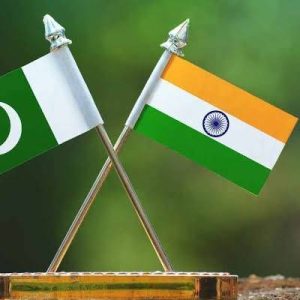The political situation in Pakistan has become a factor in the deal’s postponement…reports Asian Lite News
The International Monetary Fund (IMF) is in a dilemma regarding the sustainability of its funding in Pakistan, which would be difficult to defend in front of the Executive Directors of the Extended Fund Facility (EFF), reported Islam Khabar.
Another issue is that the fund must address before disbursing the next tranche is Pakistan’s unfulfilled commitment to provide financing on the occasion of the approval of the 7th and 8th reviews in August 2022. If the commitments on external financing needs are not met within the timeframe specified, the IMF’s credibility is jeopardised. According to a report published in Islam Khabar, Pakistan has implemented a series of policy measures, including higher taxes, higher energy prices, and raising interest rates to their highest level in 25 years in order to unlock funding from the IMF’s stalled USD 6.5 billion lending programme. However, it has become a difficult situation for Pakistani authorities, who face a political uphill task ahead of the upcoming elections, which will determine the fate of the current government’s commitments. The IMF believes that the current government may or may not be able to carry out the agreement it signs.
The political situation in Pakistan has become a factor in the deal’s postponement. According to Prime Minister Shehbaz Sharif, Pakistan has met the most stringent IMF conditions, resulting in the burning of the masses. He also warned that the burden on ‘hardworking Pakistanis’ would increase in the days ahead as a result of these conditions. The IMF tranche is still out of reach.
Pakistan survived the Covid-19 pandemic, the Taliban takeover of Afghanistan, inflation, and supply chain disruptions caused by the Russia-Ukraine conflict. The current crisis is so severe that foreign banks have refused to confirm letters of credit (LCs) for even crude oil imports. The only foreign bank currently confirming LCs for Pakistani crude oil imports is Saudi Arabia’s Al-Rajhi Bank.
Finance Minister Ishaq Dar has blamed the ‘trust deficit’ created by the previous government for the delay in concluding discussions with the IMF.
According to Islam Khabar, Foreign Minister Bilawal Bhutto Zardari also said that the IMF is not treating Pakistan fairly, claiming that the country is “in a perfect storm” of crisis. Islasmabad’s delaying tactics, motivated by a fear of making difficult economic decisions before the elections, have done more harm than good.
However, the future is less certain. According to State Bank of Pakistan Governor Jameel Ahmad, the country’s central bank, Pakistan must repay approximately USD 3 billion in debt by June, with an additional USD 4 billion expected to be rolled over. An earlier loan rollover from the Industrial and Commercial Bank of China helped to relieve pressure on Pakistan. This year, the Pakistani rupee has lost nearly 20 per cent of its value. According to Fitch Ratings, Pakistan’s current rating indicates that default is a real possibility.
Critics claim that Pakistan has grown accustomed to being trapped in an unsustainable debt cycle. The IMF’s success in Egypt, which is based on policy and structural changes, could serve as a model for structural reforms in Pakistan. Cases of IMF lending in Serbia and Iceland are similar, Islam Khabar reported.
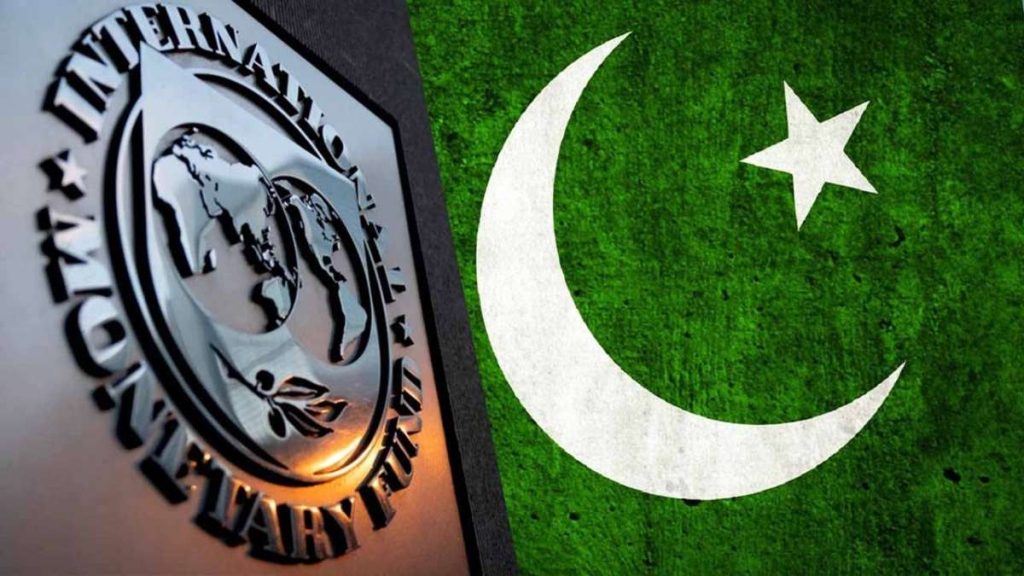
For Islamabad, the prospect of economic recovery is also a mirage. Pakistan’s infrastructure spending is only 2.1 per cent of GDP, the lowest in the region and far below the required national average of 8-10 per cent of GDP. Infrastructure spending is the most effective and critical long-term and sustainable economic growth and development accelerator. It is difficult for Pakistan to finance infrastructure development and maintenance due to a severe lack of capital.
The current crisis in US banks, as well as Credit Suisse, will make the global business environment more volatile. It is difficult to imagine Islamabad’s economic revival while it is unable to meet its short-term foreign debt obligations and is mired in the current forex crisis. Finally, it is the poor Pakistanis who bear the brunt of the country’s political impasses and developmental failures over the last seven decades, Islam Khabar reported. (ANI)


